1. Keeping a Drawer Full of Old Cords and Chargers
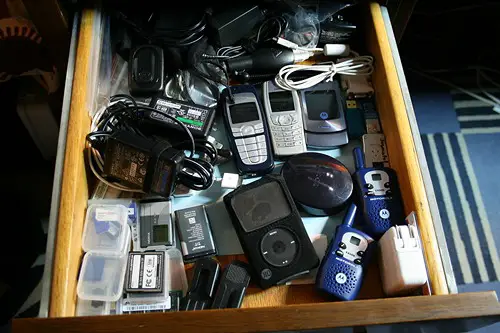
That tangle of USB cables, mystery power bricks, and adapters hasn’t been touched in years. Most of them no longer fit any current device. Yet almost every American home has a drawer full of them. Why? Because throwing them out feels weirdly risky.
There’s an emotional safety in keeping tech relics “just in case.” It’s part fear of being unprepared, part resistance to waste. Plus, it represents how fast technology moves—each cord a tiny time capsule. Sorting through them becomes an emotional excavation.
2. Checking the Weather Multiple Times a Day

Americans often check the weather app first thing in the morning—even if the forecast barely changes. For many, it’s more than just planning for rain or sun; it’s a way to mentally prepare for the day. Sure, it’s not strictly necessary when most live in climate-controlled environments. But it gives a sense of stability and readiness.
Weather patterns also give people something small and universal to bond over. “Can you believe this heat?” is a daily icebreaker. It’s low-stakes information, but it offers a weird kind of grounding. And sometimes, checking it again mid-day feels like taking back a tiny bit of control.
3. Bringing a Jacket “Just in Case”

Even in the dead of summer, someone’s stuffing a hoodie in their bag “just in case it gets chilly.” Logically, it often makes no sense, especially when temperatures are in the 90s. But it’s not about logic—it’s about preparedness. That backup layer becomes emotional insurance.
Many grew up hearing parents say, “Better to have it and not need it.” That mindset sticks. It’s tied to a broader cultural emphasis on being self-reliant. And frankly, air conditioning can be brutal.
4. Saying “How Are You?” Without Wanting the Answer

“How are you?” is less a question and more a greeting in the U.S. Most Americans don’t expect—or want—a detailed response. It’s technically unnecessary, because nobody’s actually conducting a wellness check. But it serves a crucial social function.
It’s a ritual that signals friendliness and approachability. Skipping it can feel awkward or even rude. That empty phrase helps maintain the thin layer of civility in daily life. It keeps interactions smooth, even if they’re superficial.
5. Carrying a Big Keychain Full of Loyalty Cards
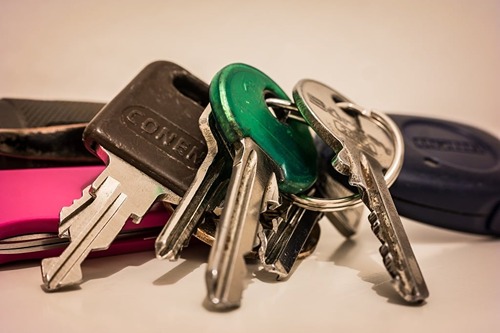
Despite the rise of digital wallets and apps, many Americans still carry bulky keychains filled with plastic tags from grocery stores, gyms, and pharmacies. Most of those cards could be looked up by phone number. But people keep them anyway—partly from habit, partly because they feel tangible. There’s comfort in physical proof of membership.
These cards also symbolize belonging and savings—even if you’re not saving much. Swiping them feels like winning a tiny prize. Plus, there’s a strange anxiety about not having it the one time you really need it. So they stay, jangling around, emotional souvenirs of consumer life.
6. Owning Multiple Travel Mugs But Always Using the Same One
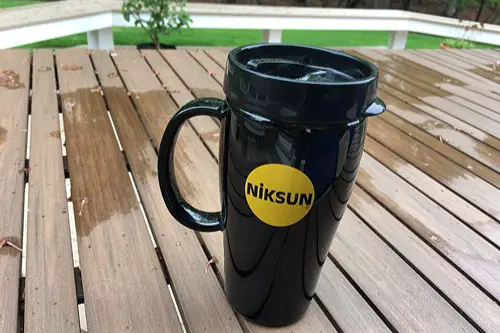
Ask any American coffee drinker and they’ll admit to owning several travel mugs. Yet they tend to use the same beat-up favorite day after day. There’s no real need to keep the extras, and they could free up valuable cabinet space. But the mugs stay, each one tied to some forgotten moment or aspirational lifestyle.
That chipped thermos from college or the fancy brand bought with a fitness goal—they all carry emotional weight. Letting go feels like giving up on something. It’s not about caffeine; it’s about connection. Even if the lid leaks a little, it’s their mug.
7. Wearing Workout Clothes All Day Without Exercising

Athleisure has taken over American fashion, with leggings and hoodies now standard even for non-gym-goers. Technically, it’s unnecessary—especially if there’s no plan to break a sweat. But emotionally, it signals intention and capability. “I could work out if I wanted to,” the outfit implies.
It also taps into the cultural obsession with productivity. Wearing athletic gear makes people feel like they’re doing something healthy. It’s functional, flexible, and a little aspirational. Comfort + identity = win-win.
8. Carrying a Water Bottle Everywhere
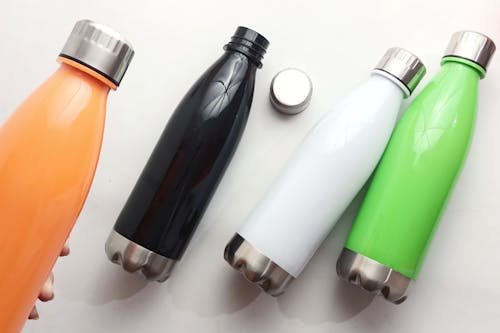
Americans love their reusable water bottles—Hydro Flasks, Stanleys, Yetis—you name it. Even if they’re just running errands for 20 minutes, that bottle is in tow. Technically, most people aren’t at risk of dehydration during short outings, especially if they hydrated earlier. But there’s emotional comfort in knowing hydration is always within reach.
It’s like a modern security blanket. Having water nearby makes people feel healthy, prepared, and in control. It’s part habit, part wellness identity. Plus, there’s an oddly satisfying feeling in that cold sip of water mid-traffic jam.
9. Bringing a Bag of Snacks on Even Short Trips
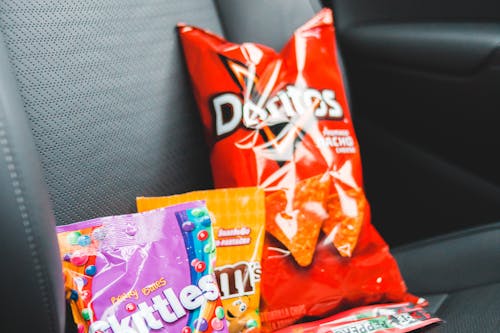
Whether it’s a ziplock of almonds or a granola bar from the glovebox, Americans love being snack-prepared. For most short errands or day trips, eating isn’t actually necessary. But that snack bag represents foresight and comfort. Nobody wants to be “hangry” in a Target aisle.
Snacks also offer control in an unpredictable world. Delays? Long lines? You’re fine—you’ve got trail mix. It’s a small, edible security blanket that tastes like calm.
10. Setting Multiple Alarms and Still Waking Up Late
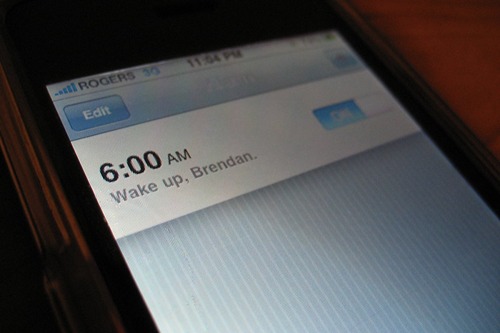
Many Americans set three, five, even seven alarms spaced out by a few minutes. One well-timed alarm would technically do the job. But emotionally, this ritual softens the blow of waking up. Each snooze is a little cushion between sleep and responsibility.
It reflects a push-pull relationship with time and control. People want to be early, but also want more rest. The extra alarms become emotional scaffolding for stressful mornings. It’s not efficient, but it feels safer.
11. Keeping a Lucky Charm or Token in Their Bag or Car
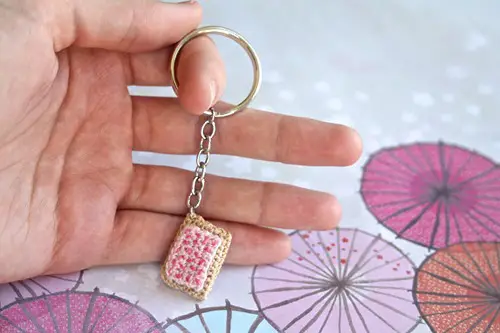
That faded photo, pressed penny, or weird keychain from a road trip has no practical function. But people still carry them—tucked in wallets, gloveboxes, or the bottom of a tote. Technically, they don’t serve any need. Emotionally, they’re priceless.
These objects act like portable good vibes. They remind people of who they were, where they’ve been, or what they hope for. It’s less superstition than sentiment. A talisman in a chaotic world.
12. Using Calendars and To-Do Lists They Rarely Follow
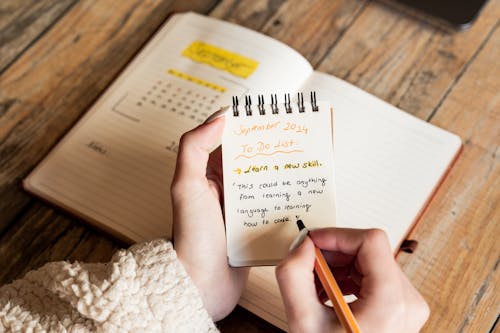
Many Americans write out daily plans, full of color-coded tasks and events. Realistically, they might only complete half—or abandon the list altogether. But the act of planning brings structure and calm. It’s emotionally rewarding, even if not always productive.
Lists give people the illusion of control over their time. That’s not a bad thing—it can reduce stress and boost motivation. Plus, crossing something off—even if it’s “make list”—feels amazing. It’s less about results, more about ritual.
This post 12 Things Americans Do or Carry Daily That Are Technically Unnecessary But Emotionally Crucial was first published on American Charm.


